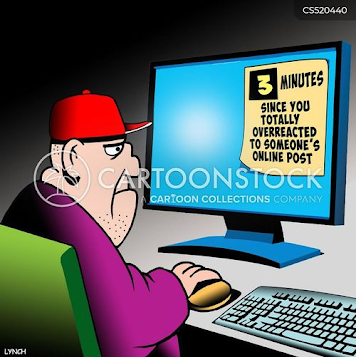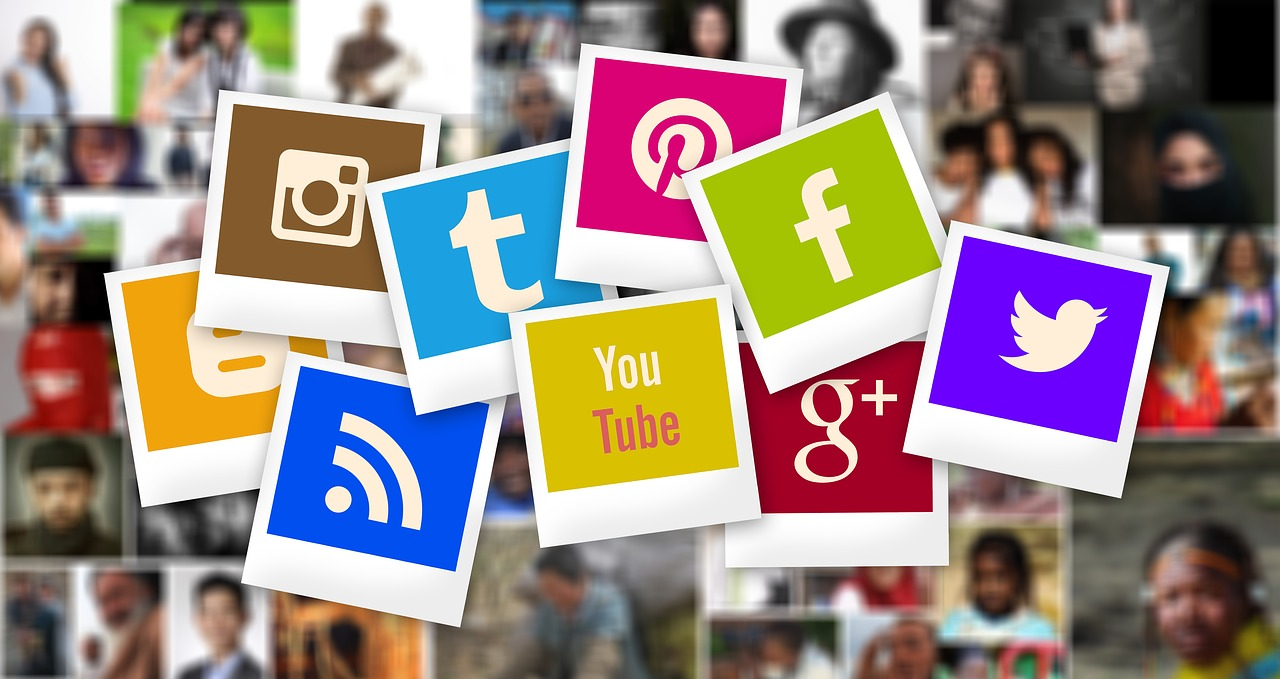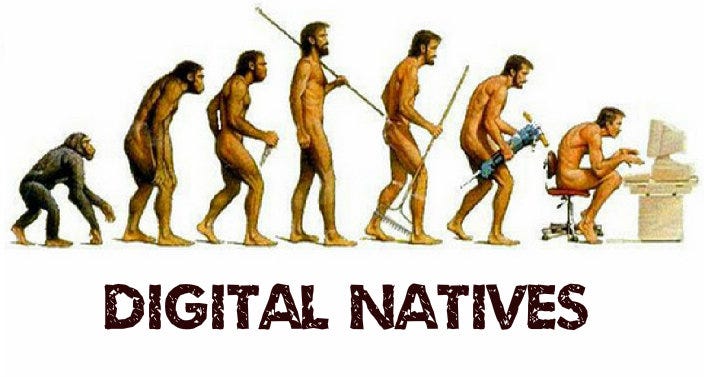The idea of social semiotics can be attributed to Michael Halliday in his 1978 work "Language as Social Semiotic: The Social Interpretation of Language and Meaning” (Gualberto & Kress, 2018). Gualberto and Kress in "Social Semiotics" describe the fundamental concept of social semiotics as signs and symbols that are used to communicate meaning assigned to them by their creator. For this post, I will focus on pictures and visual elements that we can give meaning as described by social semiotics. This idea is important, as visual communication enhances meaning beyond what is possible with simple text. For instance, the best textbooks incorporate images to help describe concepts, allowing readers to gain a better understanding of what they are reading about. This concept is also incredibly important for online communication. We use visual elements such as pictures, emojis, gifs, etc. to replace the otherwise missing human aspect of communication. The meaning given to and understood by these visual elements elevate online communication and have lead to the popularity of social media sites that focus on visual media.
 |
| Michael Halliday from the University of Sydney |
Social semiotics describe a couple of ways we can analyze images to derive meaning from them. The tops and bottoms of images, most prominent in vertical (portrait) images, as well as the left and right sides of images, most prominent in horizontal (landscape) images, all have unique meanings. The top of an image can represent ideals and aspirations. In a way, it can present our dreams and the way we wish things were. In contrast, the bottom of an image represents reality, the way things are, and what is known. The left side of an image is similar to the bottom, representing what is known and information that is given. The right side of an image represents what is unknown and new. To illustrate these concepts, I will provide some examples of images and how these meanings can be derived.
I took this picture of a harvest moon in Monterey, California. The bottom of the image is the Earth, our home planet which we are quite familiar with. In the present day, this is where all of humanity resides. The moon at the top represents humanity's dreams of living among the stars and exploring distant celestial bodies. It reminds us that, through our stellar studies, we may one day live somewhere besides Earth.




















